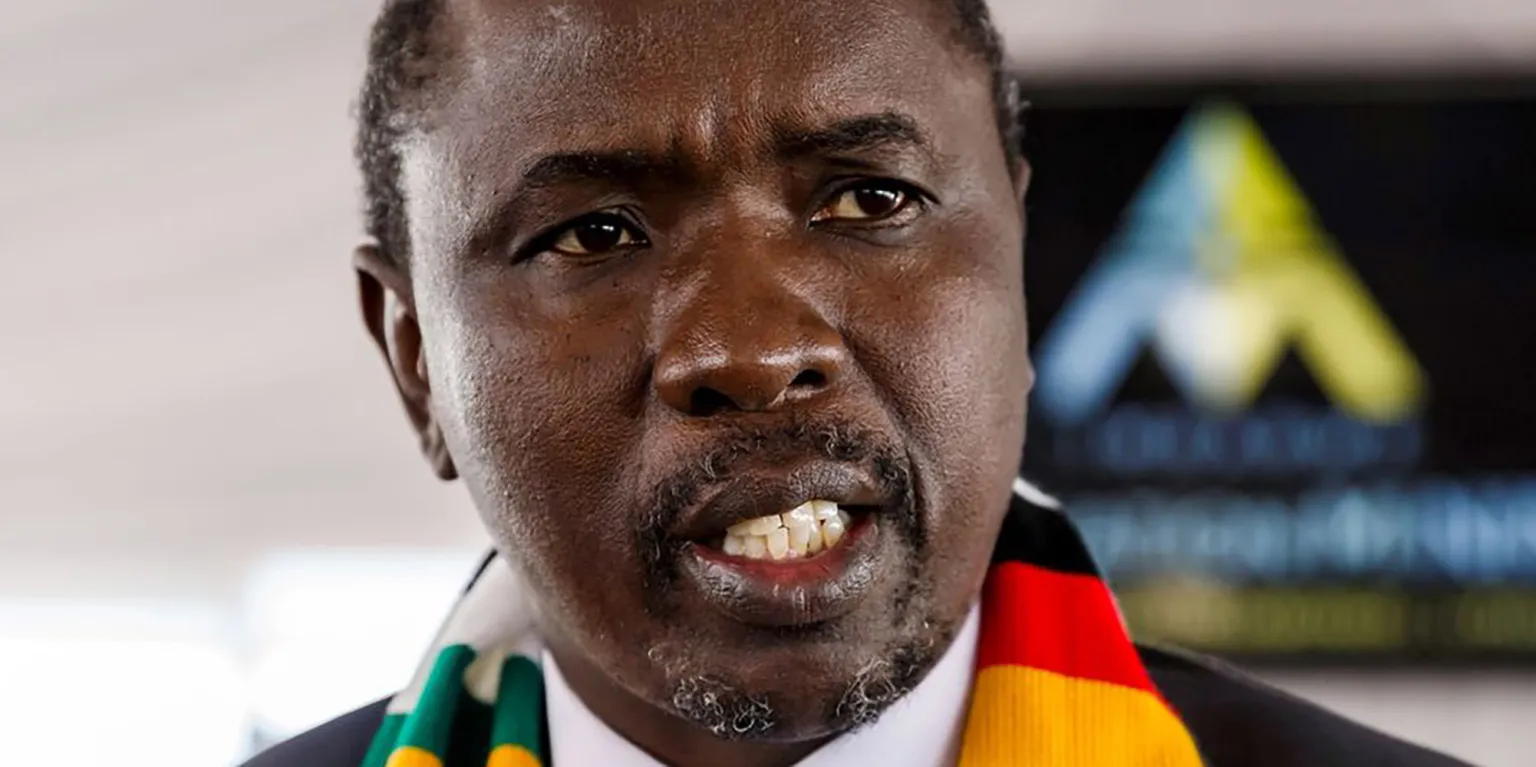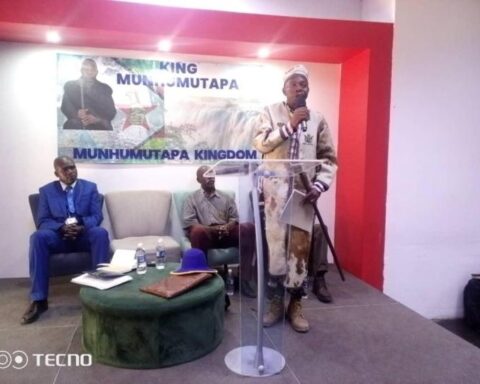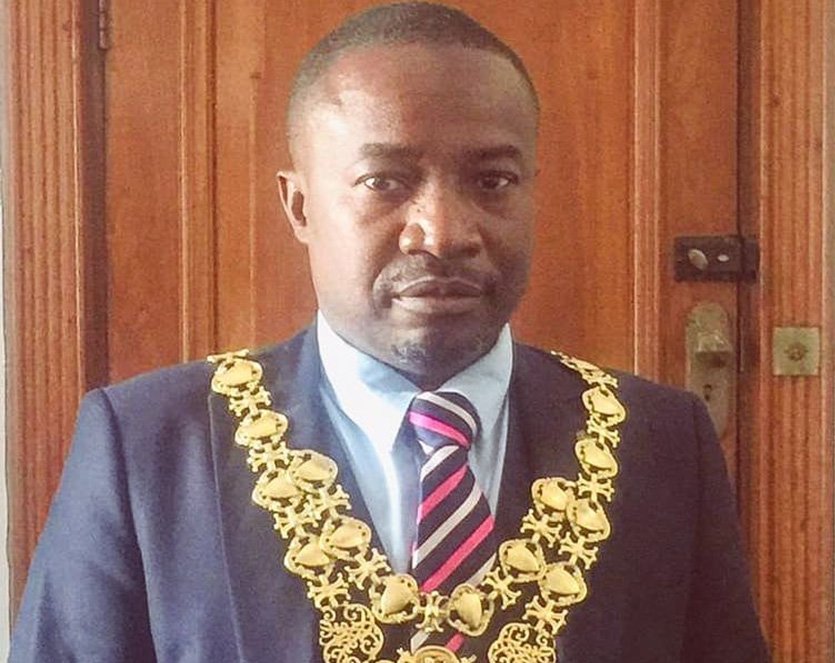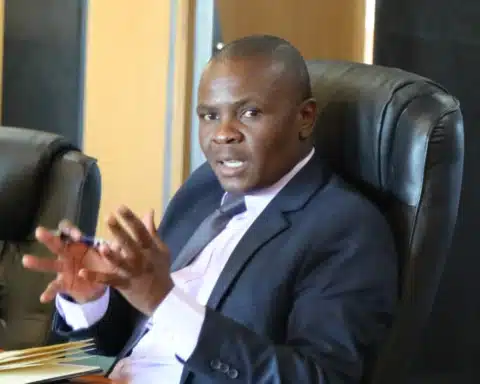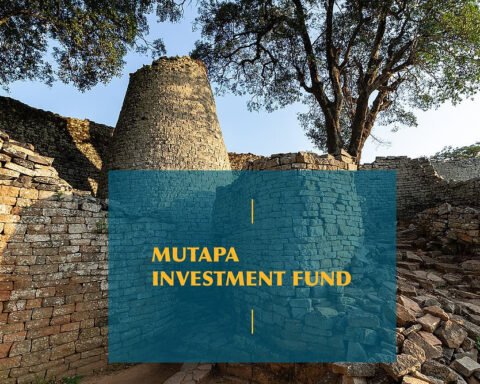Despite high expectations surrounding the takeover of the Zimbabwe Iron and Steel Company (Zisco) by Kuvimba Mining House, the fortunes of the steelmaker remain unchanged amid allegations of extensive asset stripping by a firm associated with businessman Kudakwashe Tagwirei.
Reports indicate that Zisco workers have endured ten months without salaries, despite bold assurances that Tagwirei’s involvement would swiftly transform the struggling enterprise. Kuvimba assumed control of Zisco two years ago after securing a management contract from the government, ostensibly signalling the start of a much-needed revival for what was once Africa’s largest steelworks, headquartered in Redcliff.

The decision to select Kuvimba over international competitors was surrounded by controversy, with Finance Minister Mthuli Ncube reportedly influencing the Zisco board to endorse the takeover by Tagwirei’s affiliated mining entity. The government cited assessments by the Zimbabwe Investment Development Agency (Zida) as justification, although six other companies, including Mhare Resources (Pvt) Ltd and PAI Capital, had also expressed interest in revitalizing Zisco.
According to initial agreements, Kuvimba was expected to inject $300 million in capital to jumpstart the steelworks’ reconstruction, with an additional $1 billion to be generated from Zisco’s mining operations. However, the much-touted rejuvenation effort has turned sour, particularly for Zisco employees who remain unpaid despite reports of Kuvimba selling iron stockpiles and dismantling disused infrastructure without reinvesting the proceeds into the business.
Insiders reveal that Kuvimba has sold over 1000 tonnes of steel to a Chinese company in Harare, along with approximately 5.8 million tonnes of ore to another Chinese firm, raising concerns about the true intentions behind these transactions. Moreover, despite promises of substantial capital injections and the display of mining equipment during a visit by Vice President Constantino Chiwenga, Kuvimba has allegedly failed to follow through, leaving Zisco’s mining operations stagnant.

Critics have raised questions about the government’s role in facilitating the takeover and subsequent actions, especially amid suspicions of shielding assets from international sanctions targeting Tagwirei. The recent acquisition of Kuvimba by the government’s sovereign wealth fund, the Mutapa Investment Fund, has fuelled further speculation about the true nature of these dealings and their potential implications for transparency and accountability.
Kuvimba’s CEO, Issac Machingambi, declined to address these concerns, citing his recent appointment to the position. However, mounting pressure, including likening Tagwirei to the notorious Gupta brothers by the United States and fresh sanctions imposed on him, underscores the gravity of the situation and the urgent need for clarity and accountability in Zimbabwe’s economic landscape.
